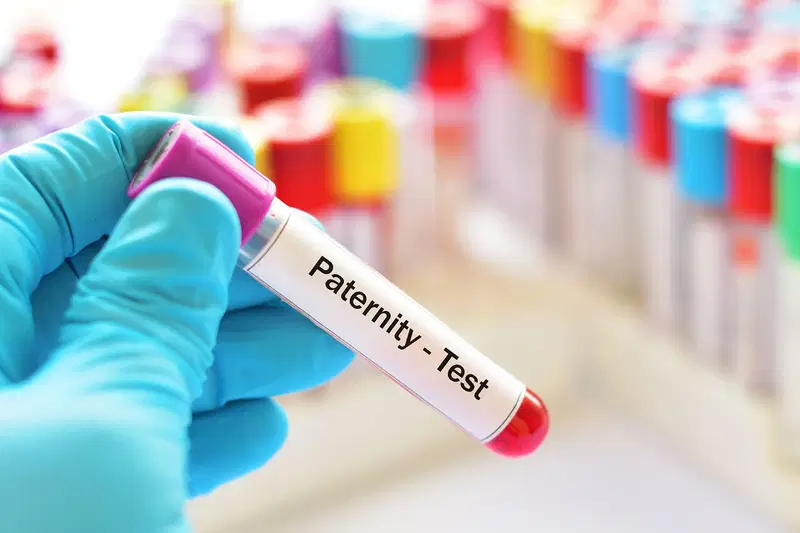Smart DNA has released its comprehensive 2024 report on DNA testing trends in Nigeria, covering July 2023 to June 2024.
According to the report by the DNA testing centre in Lagos, 27 per cent of paternity tests conducted came back negative, indicating that more than one in four men tested are not the biological fathers of the children in question.
The report noted a significant increase in DNA tests for immigration purposes, growing more than any other test type, as more Nigerians seek opportunities abroad.
The trend also suggested that a growing number of parents with dual citizenship were processing paperwork for their children’s emigration.
On regional dominance, the report showed that Lagos dominated, a reflection of economic disparity.
An overwhelming 73.1 per cent of all DNA tests were conducted in Lagos, with 67.5 per cent done on the Mainland and 32.5 per cent on the Island.
The report also showed that the Yoruba ethnic group accounted for 53 per cent of tests, followed by Igbo at 31.3 per cent, with Hausa at only 1.20 per cent.
Commenting on the report to the News Agency of Nigeria (NAN), Elizabeth Digia, Operations Manager at Smart DNA, said: “These findings offer a unique window into the changing dynamics of Nigerian families and society.
“The high rate of negative paternity tests and the surge in immigration-related testing are particularly noteworthy.
“They reflect broader societal trends that merit further discussion and research.
“The concentration of testing in Lagos also raises important questions about accessibility and awareness of DNA testing services across Nigeria.
“Statistics showed that most of the children tested were aged 0-five (54.0 per cent), suggesting a preference for early paternity confirmation.
“Men aged 41+ (45.6 per cent) and 31-40 (37.0 per cent) were most likely to request tests, potentially reflective of economic capabilities or increased paternity concerns in older men.
“Also, it indicated slight gender bias in Child Testing as more tests were conducted on male children (52.8 per cent) than female children (47.2 per cent), insinuating a a possible cultural preference for confirming paternity of male offspring.”

